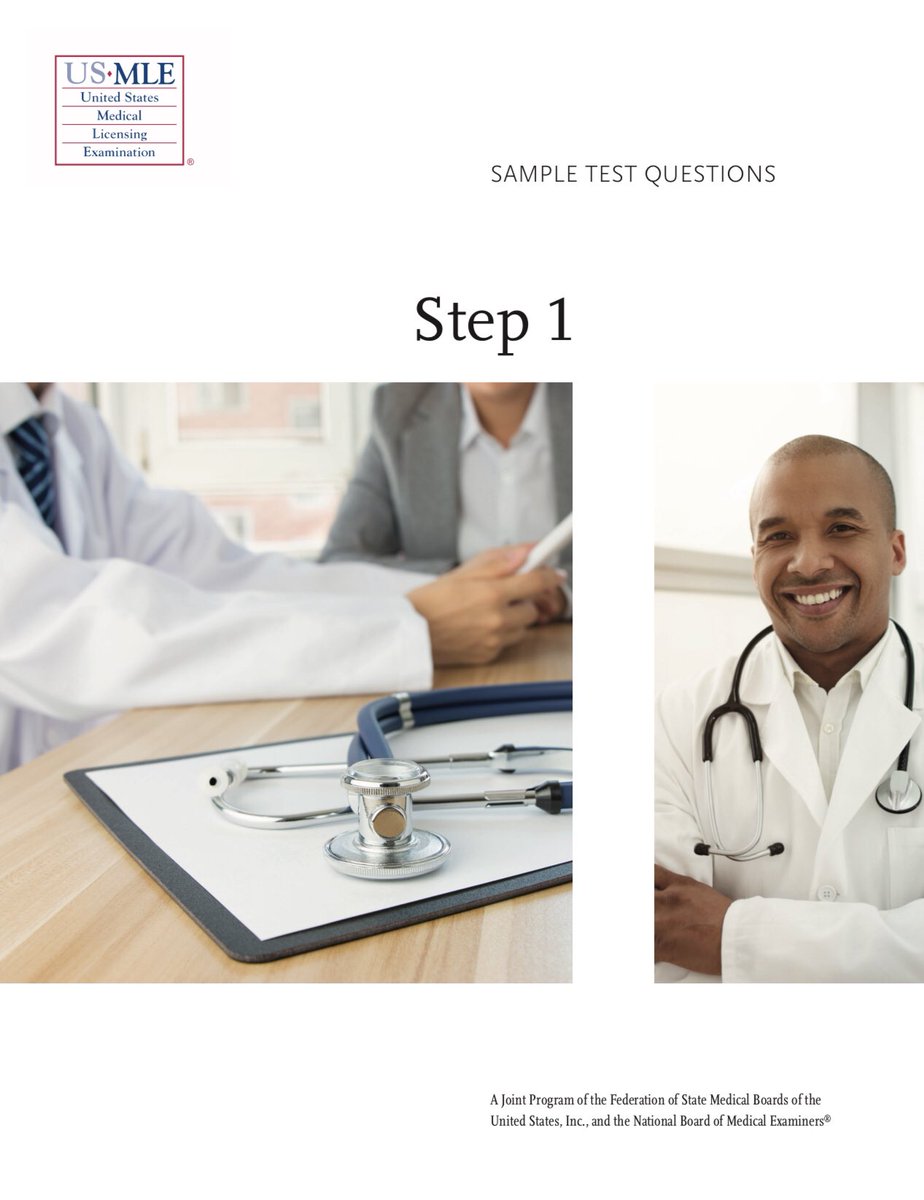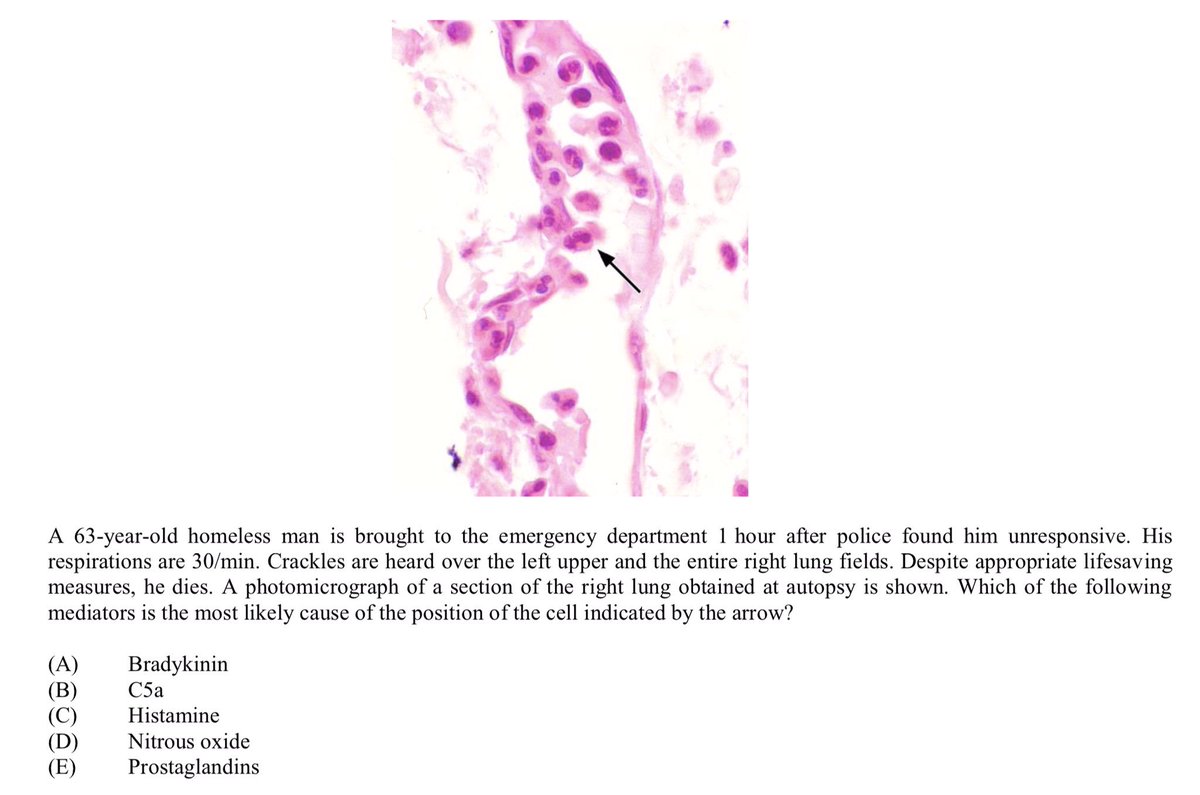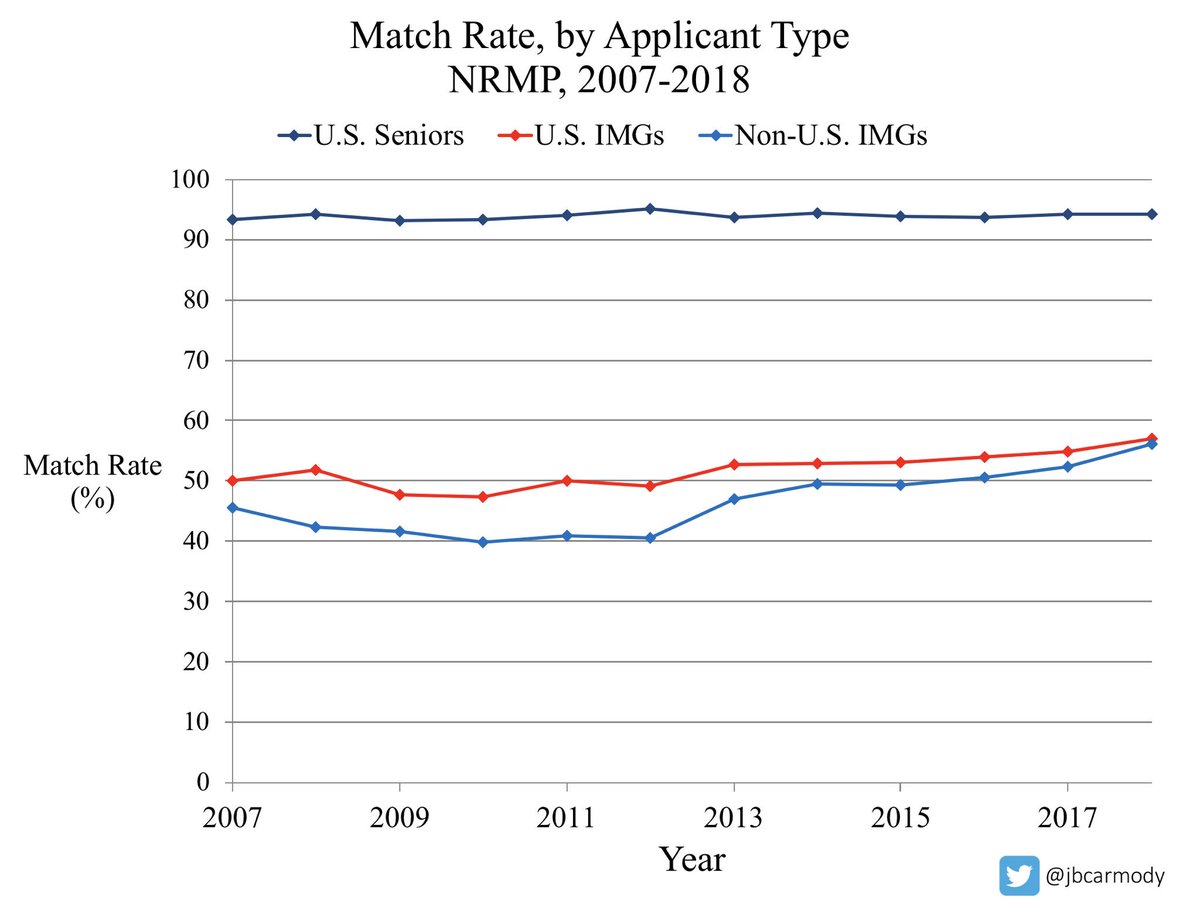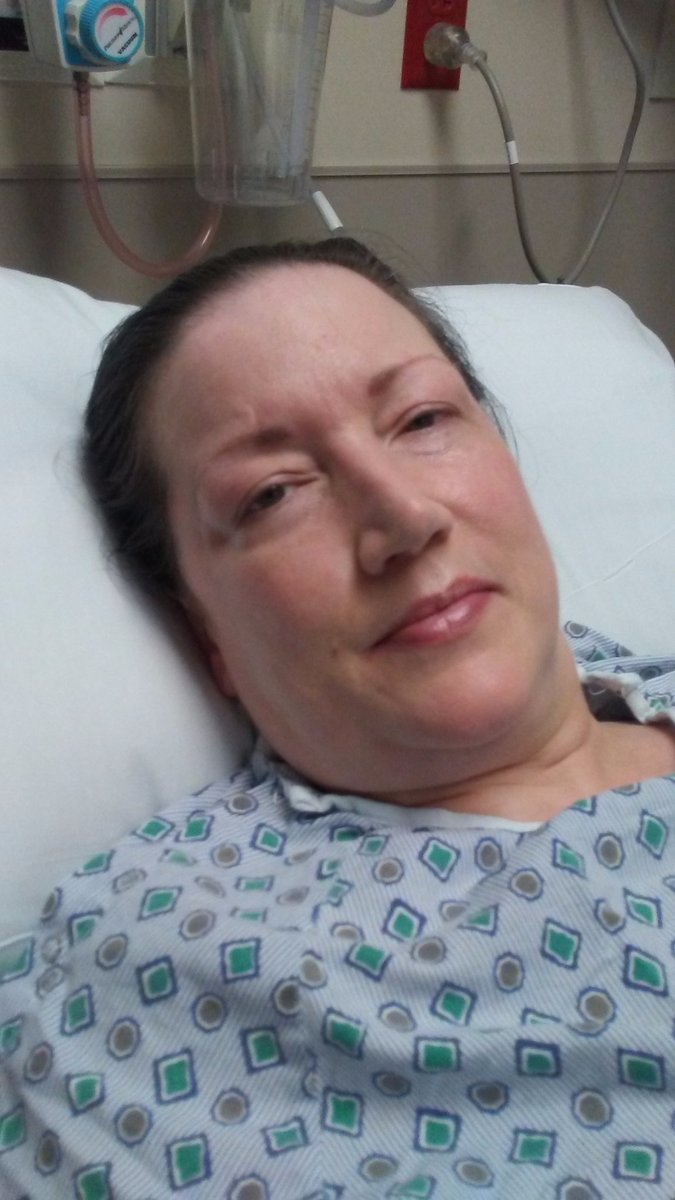It wasn’t.
If you teach students or residents, please take a moment to read this... and maybe my thoughts below, too.
(thread)
jamanetwork.com/journals/jama/…
So many of the best educational moments in my medical education were not ones where “teaching” was obviously occurring.
Here’s one example.
The presents have all been opened, and the ER is bustling.
As the intern for the general pediatric hospitalist team, it’s been a rough day.
I’ve been running around the whole time. To the ER for an admission. To the floor to put out fires. Up and down, pager beeping nonstop.
For the holidays, I’ve been on q3 call for 30 h a stretch. And I am tired.
It’s my senior resident, asking me to come help with another admission from the ER.
He gives me a basic rundown of the case... and I can feel my shoulders drooping as the story unfurls.
A child went to the ER.
For some reason, an EKG was done.
The EKG was interpreted by the computer software as potentially showing a rare arrhythmogenic abnormality (which seemed unrelated to the child’s presenting complaint).
He said, cool, fax me the EKG.
They tried.
But his fax machine was broken.
Given the very low pre-test probability for arrhythmia, the cardiologist suspected artifact. But he pointed out that he couldn’t say for sure if the EKG was okay without seeing it - and he wasn’t coming in in the middle of the night for something like this.
The ER could discharge the patient, and he would see them in clinic in a few days.
Or, the ER could admit the patient to the hospital for telemetry, and he’d look at the EKG in the morning.
The ER chose the latter.
All I wanted to do was eat dinner or sit for a minute... and instead, I’ve got to go admit a patient BECAUSE THE CARDIOLOGIST’S FAX MACHINE WASN’T WORKING???
I wouldn’t have whined - but I would have been very brief. Quick H&P, put the kid on telemetry, keep them safe till morning - done, done, and done.
That wasn’t what my resident did.
(Bear in mind, he was a third year who had just matched in GI fellowship at an Ivy League institution. The fact that he even had EKG calipers on his person was astounding.)
Then he said he’d do the H&P and admission orders himself.
And *that* is the image that is fixed in my head, over a decade later.
I learned the value of a helping hand and a positive attitude when you’re the team leader. And I learned how to savor the intellectual joy in medicine, even amidst the churn of work.
But I’ve never mentioned this story to him. And the funny thing is, I’ll bet that he doesn’t even remember it. But it mattered to me.
For those of us in education, it’s worth thinking about this deliberately. What are we really teaching our students and trainees? How do we create positive teaching moments that last a career?
Here is the power of social media.
My old senior resident *does* remember this night.
Half an hour after I posted this thread, I got a call from him. First time we’d talked in 10 years.
(And he’s not even on Twitter - but someone who is tipped him off!)



























